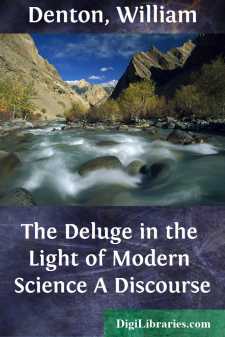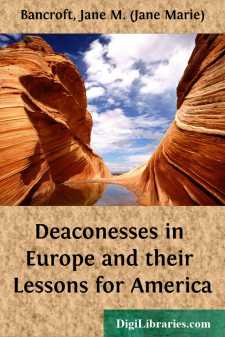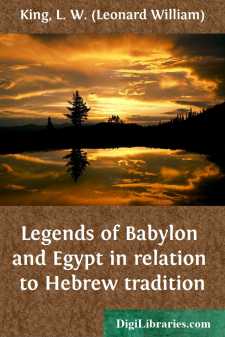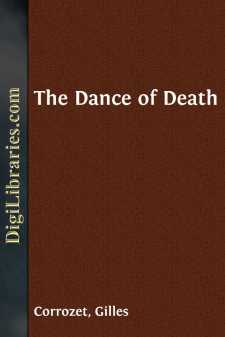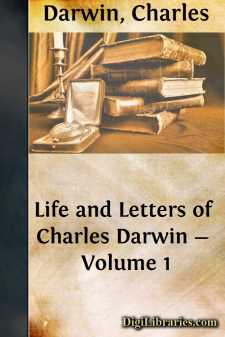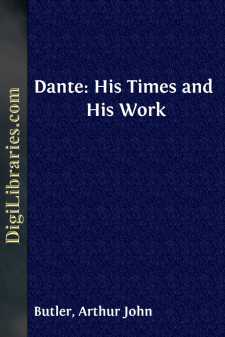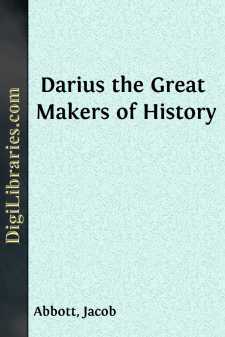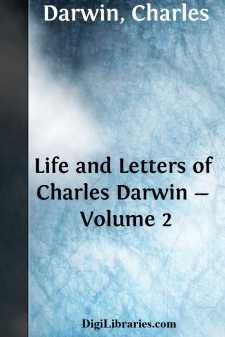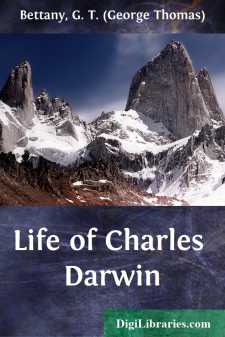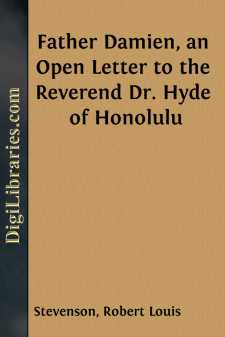Non-Classifiable
- Non-Classifiable 1768
Non-Classifiable Books
Sort by:
by:
William Denton
If the Bible is God's book, we ought to know it. If the Creator of the universe has spoken to man, how important that we should listen to his voice and obey his instructions! On the other hand, if the Bible is not God's book, we ought to know it. Why should we go through the world with a lie in our right hand, dupes of the ignorant men who preceded us? It can never be for our soul's...
more...
INTRODUCTION. How far, and in what form, ought woman’s work in the Church to be organized? What was the deaconess of St. Paul’s epistles? What light on this subject do the primitive and the mediæval Churches yield us? Can “sisterhoods” be established without weakening the sense of personal responsibility in those Christian women who are not thus wholly set apart to charitable and spiritual...
more...
PREFACE In these lectures an attempt is made, not so much to restate familiar facts, as to accommodate them to new and supplementary evidence which has been published in America since the outbreak of the war. But even without the excuse of recent discovery, no apology would be needed for any comparison or contrast of Hebrew tradition with the mythological and legendary beliefs of Babylon and Egypt....
more...
by:
Gilles Corrozet
Non est medicamen in hortis." He is the despots' Despot. All must bide, Later or soon, the message of his might; Princes and potentates their heads must hide, Touched by the awful sigil of his right; Beside the Kaiser he at eve doth wait And pours a potion in his cup of state; The stately Queen his bidding must obey; No keen-eyed Cardinal shall him affray; And to the Dame that wantoneth he...
more...
by:
Charles Darwin
He became much tired in the evenings, especially of late years, when he left the drawing-room about ten, going to bed at half-past ten. His nights were generally bad, and he often lay awake or sat up in bed for hours, suffering much discomfort. He was troubled at night by the activity of his thoughts, and would become exhausted by his mind working at some problem which he would willingly have...
more...
PREFACE This little book is mainly compounded of papers which appeared, part in the Monthly Packet, and part in the Magazine of the Home Reading Union. It will be seen, therefore, that it is not intended for those whom Italians call “Dantists,” but for students at an early stage of their studies. To the former class there will be nothing in the book that is not already familiar—except where they...
more...
by:
Jacob Abbott
Cambyses. B.C. 530-524Cyrus the Great.About five or six hundred years before Christ, almost the whole of the interior of Asia was united in one vast empire. The founder of this empire was Cyrus the Great. He was originally a Persian; and the whole empire is often called the Persian monarchy, taking its name from its founder's native land.His extended conquests.Cyrus was not contented with having...
more...
by:
Charles Darwin
My dear Lyell, I send a letter from Asa Gray to show how hotly the battle rages there. Also one from Wallace, very just in his remarks, though too laudatory and too modest, and how admirably free from envy or jealousy. He must be a good fellow. Perhaps I will enclose a letter from Thomson of Calcutta; not that it is much, but Hooker thinks so highly of him… Henslow informs me that Sedgwick...
more...
CHAPTER I. If ever a man's ancestors transmitted to him ability to succeed in a particular field, Charles Darwin's did. If ever early surroundings were calculated to call out inherited ability, Charles Darwin's were. If ever a man grew up when a ferment of thought was disturbing old convictions in the domain of knowledge for which he was adapted, Charles Darwin did. If ever a man was...
more...
Sir,—It may probably occur to you that we have met, and visited, and conversed; on my side, with interest. You may remember that you have done me several courtesies, for which I was prepared to be grateful. But there are duties which come before gratitude, and offences which justly divide friends, far more acquaintances. Your letter to the Reverend H. B. Gage is a document which, in my sight,...
more...


